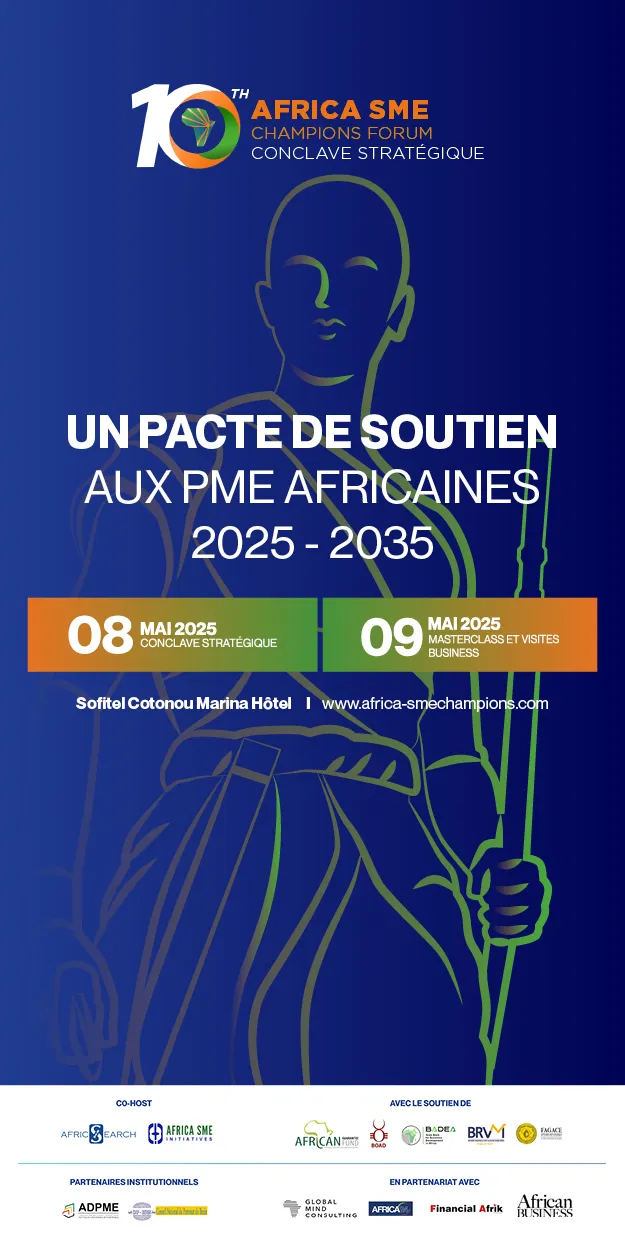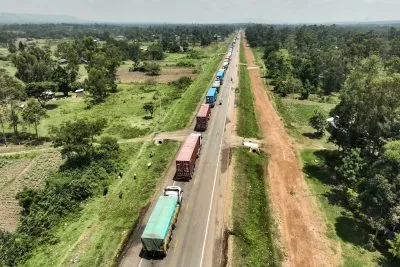The Gabonese BGFI ran into difficulties in Gabon and in its Beninese subsidiary, and this has led it to replace teams on occasion; it has since made governance the focus of its attention. Afriland also experienced governance problems in 2012, affecting human resources, risk management and information systems, but has taken them very seriously since then.
Meanwhile, supervisors must adapt, given the supra-regional dimension of young banking groups and adapt the capital requirements of local subsidiaries in a number of countries in order to guarantee financial stability.
The creation of these large groups therefore serves only to heighten the need to implement international standards – such as the Basel II agreements – which demand a robust adaptation of the banking value chain: from information systems to risk management, via data collection, its analysis, and transmission to supervisory authorities. Under pressure from international organisations, institutions must also adapt to incorporate International Financial Reporting Standards (IFRS).
Of course, the regrouping of existing entities, that is, the creation from nothing of new institutions (greenfield), will not be achieved in a day and the policy decision implies several years of extensive work within these institutions.
This work has, notably, a legal component as it must assess the status of the entities acquired (keeping them as subsidiaries or dilution of shareholdings).
It is also necessary to define the degree of integration of an affiliated company’s activities with those of the parent company, streamline the existing company through economies of scale over mutualisable activities within the newly formed group.
This would involve IT, payment methods, risk management, etc. and adapting central functions regarding supervision of the home and host countries. It is likely that there will be growing demands from supervisors in response to the systemic problems posed by the emergence of pan-African groups.
Questioning paradigms
There has been a generational change in middle management brought about by young professionals who come from African families but who have studied in the US or in Europe.
Morocco, in particular, has seen an influx of expertise since the 2009 crisis. The new executives are greater in number and equipped with private-sector experience, unlike the previous generation of managers who had been transferred from international or regional organisations such as the AfDB, World Bank, IMF or UN.
This ‘returnee’ generation of young people trained abroad is made up of motivated professionals who have made a risky choice: they are introducing fierce competition to the local labour market and responding to the needs of banks experiencing difficulties finding trained and competent human resources.
There are real opportunities for them out there, and they represent a solid framework on which banks will depend to continue developing.
The dynamism injected into banking competition has, furthermore, led to growth of the customer base and to the introduction of digital financial inclusivity solutions.
Want to continue reading? Subscribe today.
You've read all your free articles for this month! Subscribe now to enjoy full access to our content.
Digital Monthly
£8.00 / month
Receive full unlimited access to our articles, opinions, podcasts and more.
Digital Yearly
£70.00 / year
Our best value offer - save £26 and gain access to all of our digital content for an entire year!

 Sign in with Google
Sign in with Google 





